Press Release: Veritas Press C.I.C.
Author: Kamran Faqir
Article Date Published: 11 Sept 2025 at 13:10 GMT
Category: Middle East | Palestine-Gaza | US-Israel At War
Source(s): Veritas Press C.I.C. | Multi News Agencies
Israel’s airstrike on Qatar’s capital, Doha, this week marks a turning point in the two-year war in Gaza. By targeting senior Hamas officials on Qatari soil, in the very country hosting internationally recognised mediation efforts, Israel has not only violated the sovereignty of a Gulf state but also upended what remained of fragile diplomatic channels. Prime Minister Benjamin Netanyahu’s defiant threats to strike again, coupled with his attempt to justify the operation as a counterterror measure akin to the U.S. “war on terror,” have been met with furious condemnation across the Arab world and beyond. Qatar’s Foreign Ministry branded the remarks “reckless,” a “shameful attempt” to excuse “a cowardly act of aggression,” and vowed a robust legal and political response, warning that Israel is dragging the region into chaos and war.
The Strike: Who Was Hit And Who Survived.
On Tuesday afternoon, Israeli aircraft struck a building in Doha where Hamas political officials were believed to be gathered. According to Qatari authorities, the attack killed at least six people, including two Qatari security officers, but missed its main targets. Hamas later confirmed that its senior leadership survived, crediting routine security protocols such as last-minute venue changes and phone restrictions.
Israeli officials initially celebrated the operation, codenamed Summit of Fire, as a blow against Hamas. But jubilation quickly gave way to recriminations when it emerged that the group’s top leaders were unscathed. Netanyahu, unfazed, declared that Qatar “must expel Hamas or bring them to justice, or we will.”
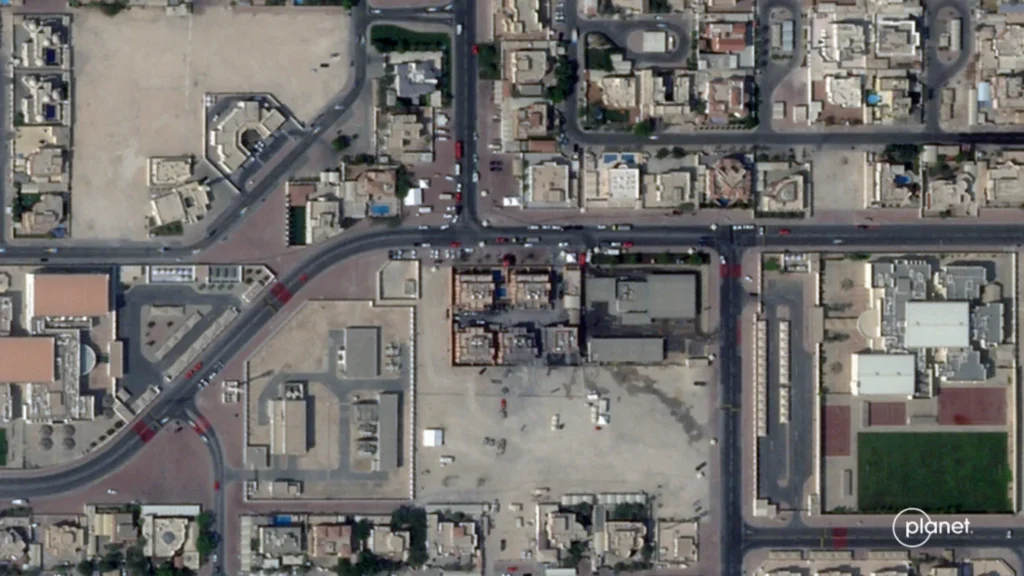
This handout satellite photo, obtained on 10 September from Planet Labs PBC and dated 9 September 2025, shows the damaged building housing members of Hamas’s political bureau after it was targeted by an Israeli strike in Qatar’s capital, Doha (Planet Labs/AFP/MEE)
Key details are missing about how Israel carried out its unprecedented attack on Hamas leaders in Qatar, raising questions about whether the number of missiles fired attributed to Israel is correct or whether Israel had a team on the ground helping locate the group’s officials.
To begin with, current and former US officials and analysts told Middle East Eye that the blast site attributed to the Israeli attack is much too small to corroborate several media reports that Israel fired around 10 air-launched missiles into the building.
Some eyewitnesses reported hearing upwards of eight blasts during the attack, but experts say that some of those reports might have been confused with the echoing.
“Based on the public source imagery of the site, we are talking about two or three missiles maximum going into that building,” Michael Knights, a military expert at Horizon Engage, an international consulting firm, told MEE.
Understanding how Israel conducted its attack is important because Prime Minister Benjamin Netanyahu said on Wednesday that Israel could strike Hamas officials abroad again, potentially leaving the door open to attacks in Egypt and Turkey, where they travel.
Israel has been tight-lipped about how it conducted this strike, but US officials who spoke with MEE say that Israel appeared to launch its attack from outside Qatari airspace – a point echoed by many analysts.
Jordan said that no Israeli aircraft violated its airspace during the operation. Israel used Syrian and Iraqi airspace to launch its attack on Iran earlier this summer.
If Israel wanted to refrain from violating Saudi Arabian or Kuwaiti airspace, it could have done the same and fired into Qatar from Iraq, Andrew Curtis, a retired air commodore in Britain’s Royal Air Force and associate fellow at the Royal United Services Institute, told MEE.
MEE has reported that the Trump administration was notified of the attack in advance and did not object to it.
Curtis said that there would have been plenty of opportunities for the US to be aware of the mission, given the detailed planning and time required.
“The suggestion that, oh, this was a target of opportunity and we acted does not hold up,” Curtis said. “This would have been days in planning at minimum.”
Qatar’s Furious Response:
Qatar swiftly condemned both the strike and Netanyahu’s remarks. In a statement, its Foreign Ministry stressed that:
- Hamas’s Doha office was established within mediation frameworks requested by the U.S. and Israel themselves.
- The office has facilitated multiple ceasefires and prisoner exchanges, providing rare relief to Palestinian civilians and Israeli hostages alike.
- Israel’s comparison of Hamas to al-Qaeda was “miserable and deceitful,” ignoring that Qatar’s mediation role was endorsed by the international community, unlike any engagement with al-Qaeda.
Qatar’s Prime Minister Sheikh Mohammed bin Abdulrahman bin Jassim Al Thani went further in an interview with CNN:
“What Netanyahu did yesterday killed any hope for those [Israeli] hostages. This was state terrorism. We are betrayed. Netanyahu has dragged the region into chaos and war.”
By explicitly calling Israel a perpetrator of state terrorism, Qatar framed the attack as not just a violation of sovereignty, but as part of a systematic campaign of terror that mirrors the violence Israel has repeatedly inflicted across Gaza, the West Bank, and now beyond.
Regional Solidarity And Calls For A Collective Response, Within Hours, Gulf And Arab Leaders Rallied Behind Doha.
- UAE President Sheikh Mohamed bin Zayed Al Nahyan condemned the strike as a “criminal act” and a “violation of Qatar’s sovereignty.”
- Saudi Crown Prince Mohammed bin Salman pledged “unlimited support” for Doha, warning that Israel’s aggression “requires Arab, Islamic, and international action.”
- Kuwait and Jordan’s crown princes also travelled to Doha in a rare show of unity.
- Hezbollah’s deputy leader, Naim Qassem, framed the attack as a warning to all Gulf states: “Today it is Qatar. Tomorrow it will be others.”
Qatar confirmed that a regional meeting will be convened in Doha to coordinate legal and political countermeasures, including exploring the prosecution of Netanyahu at the International Criminal Court.
International Fallout: Macron, Trump, And The UN.
Global leaders also reacted with alarm. French President Emmanuel Macron phoned Emir Sheikh Tamim bin Hamad Al Thani, condemning the strike as “unacceptable” and reaffirming France’s commitment to Qatar’s sovereignty.
In Washington, President Donald Trump publicly distanced himself from the operation, writing on Truth Social: “This was Netanyahu’s decision, not mine.” Yet questions remain whether the Trump administration tacitly approved the attack. Analysts note that Israel rarely launches such operations without at least notifying Washington, and early White House briefings suggested foreknowledge.
The UN Secretary-General condemned the strike as a “dangerous violation of international law.” Rights groups have demanded urgent Security Council action, though the U.S. is expected to shield Israel from binding resolutions.
Technical Mysteries: How Was The Strike Carried Out?
Military analysts have flagged inconsistencies in reports about the attack. While some eyewitnesses reported hearing multiple explosions, satellite images suggest limited structural damage consistent with just two or three precision munitions, likely Delilah cruise missiles or similar stand-off weapons launched from outside Qatari airspace.
Experts suggest Israel may have fired from Iraqi airspace, avoiding Saudi or Kuwaiti skies, and may have used ground spotters in Doha to help target Hamas officials. If proven, such an infiltration would deepen the sense of betrayal among Gulf leaders.
The End Of Mediation: From Diplomacy To Chaos And War.
The most immediate consequence of the Doha strike is the collapse of Qatar’s role as chief mediator in the Gaza war. Negotiators had been meeting to consider a U.S.-drafted ceasefire proposal. By bombing the meeting, Israel effectively sabotaged Washington’s own initiative.
Egyptian mediation had already broken down earlier this year. With Qatar sidelined, only direct U.S.–Hamas talks remain conceivable, a scenario fraught with political and logistical barriers. Families of Israeli hostages have voiced outrage, warning that Netanyahu has “signed the death warrant” for their loved ones.
This attack reveals the wider picture: Israel is a “terrorist state,” not defending itself, using force to end negotiations, threatening nations, displacing, ethnically cleansing, annexing, and sustaining regional conflict through fascism and supremacy.
Netanyahu’s Gamble: Domestic Politics Over Diplomacy.
Analysts argue that Netanyahu’s motives were as much domestic as strategic. Facing plummeting approval ratings, an ICC arrest warrant, and daily anti-government protests, the prime minister has leaned on escalation abroad to project strength. Qatar accused him of using “extremist rhetoric to win elections” and warned that his actions are driving the region into chaos and war.
Israeli opposition leader Yair Lapid initially praised the operation, only to retract when it became clear the attack endangered hostages. Political scientist Menachem Klein called Israel a “genocidal society” that has “abandoned diplomacy entirely.”
Implications For The Gulf And Beyond.
The Doha strike may mark the collapse of the Abraham Accords illusion. Gulf leaders, once convinced that U.S. protection and normalisation with Israel guaranteed stability, now face the reality that Washington cannot or will not restrain Israel and cannot be trusted.
Options under discussion include:
- Closing Gulf airspace to Israeli aircraft.
- Suspending or withdrawing from the Abraham Accords (UAE, Bahrain).
- Coordinating legal action against Israeli leaders.
- Exploring regional security frameworks that exclude Israel and reduce reliance on the U.S. umbrella.
For Hezbollah and other armed groups, the strike strengthens arguments that disarmament would leave Arab states vulnerable to Israeli aggression.
Conclusion: Recklessness as Strategy, Chaos as Policy.
Israel’s strike on Doha represents more than a tactical gamble gone wrong; it is a deliberate attempt by Netanyahu to erase the very architecture of diplomacy in favour of perpetual war. By targeting Hamas officials in Qatar, Israel attacked not only a political office but the international mediation framework that it once endorsed, effectively dismantling the last bridge between war and negotiation.
This was not an isolated act. It is part of a broader pattern of calculated lawlessness: the starvation of Gaza’s children, the bombing of aid convoys, the forced displacement in the West Bank, and now the export of violence into the heart of the Gulf. Each act carries the same signature, disregard for sovereignty, contempt for international law, and a political calculation that impunity will continue so long as Washington shields Tel Aviv from consequences.
For Qatar and the Gulf states, the strike is an existential warning. Mediation was never simply about humanitarian relief or ceasefires; it was also a mechanism for regional stability and a guarantee that Israel would not trespass into their capitals. That guarantee has now collapsed. If Israel can bomb Doha with impunity, no Arab capital is immune.
Netanyahu’s calculus is clear: by manufacturing chaos abroad, he buys himself political survival at home. But in doing so, he has dragged the entire region closer to a tipping point — where proxy conflict transforms into open confrontation, and where the choice for Arab states is no longer between neutrality or normalisation, but between submission or resistance. Netanyahu and his allies are deliberately manufacturing wars to prevent the unity of Muslim and Arab states, ensuring that regional powers remain divided and unable to coordinate against Israeli aggression.
The strike on Doha has exposed the central truth of this war: Israel is no longer merely acting like a rogue state; it has become a terrorist state, waging total war without boundaries and exporting violence across the region. The international community’s failure to hold Netanyahu accountable has emboldened him to extend the battlefield into foreign capitals, shredding the rules of war and mocking the very institutions designed to uphold them.
Although Arab states have come together in solidarity with Qatar, the glaring question remains: Where is the same unified support for Palestine and for Yemen, whose people continue to face bombardment, blockade, and famine? These responsibilities are not abstract; they are obligations governed by the moral, political, and religious duty of Muslim nations, yet too often deferred or traded for expedience.
Unless the Gulf states, backed by the wider Arab and Islamic world, move beyond rhetoric to impose real political, legal, and economic costs, Netanyahu will read silence as license. And if silence prevails, the region should brace not just for further chaos and war, but for the death of diplomacy itself.
Tags:

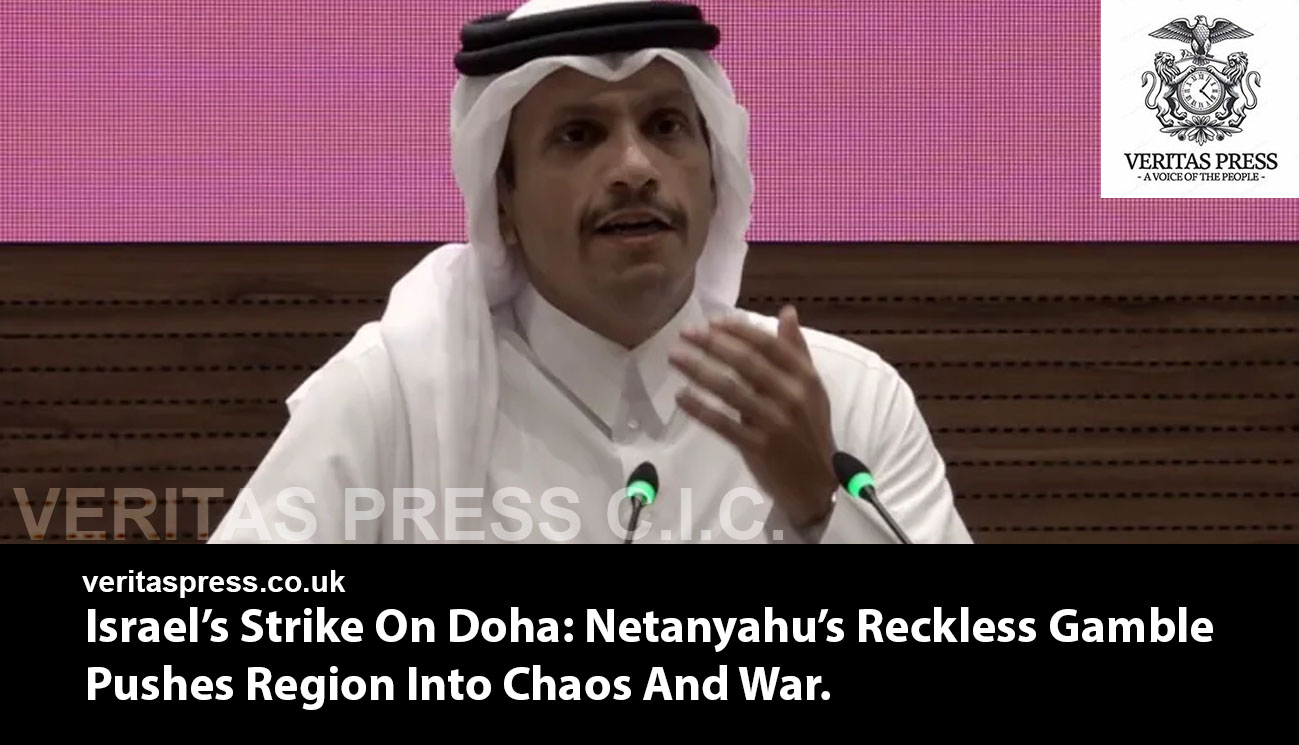

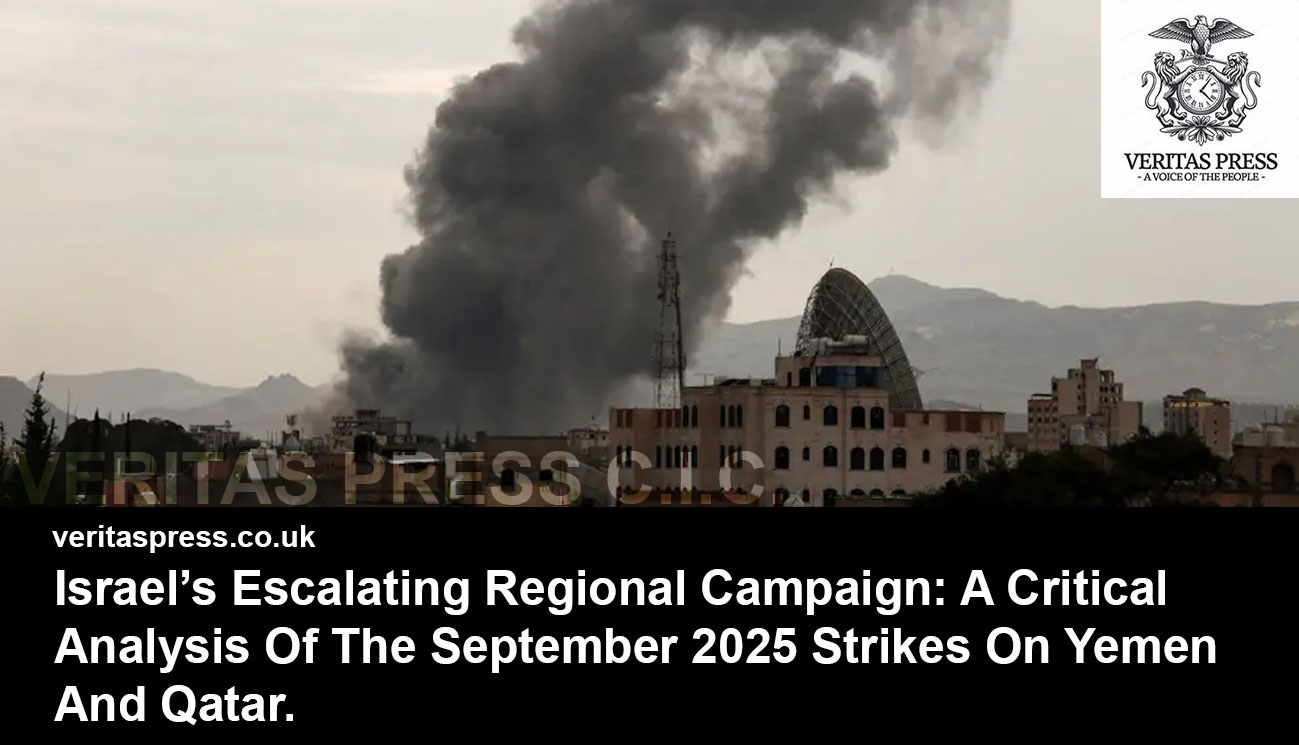
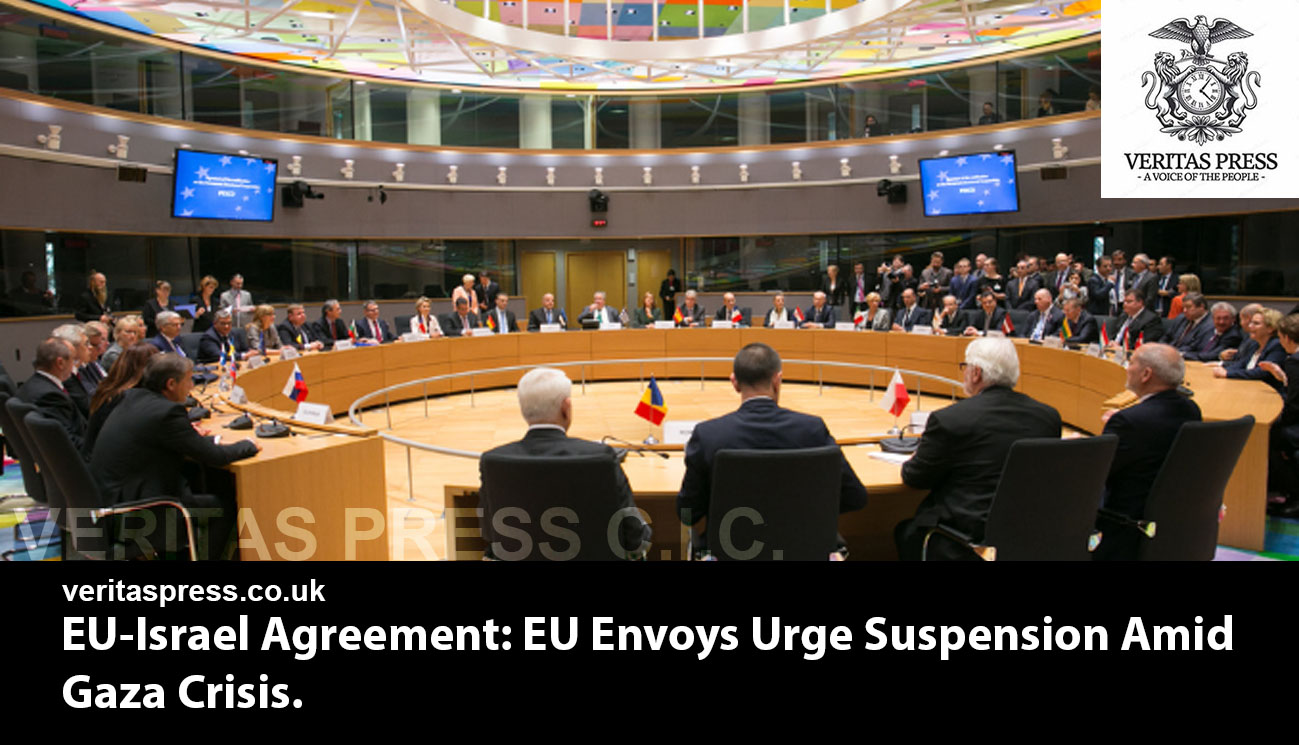
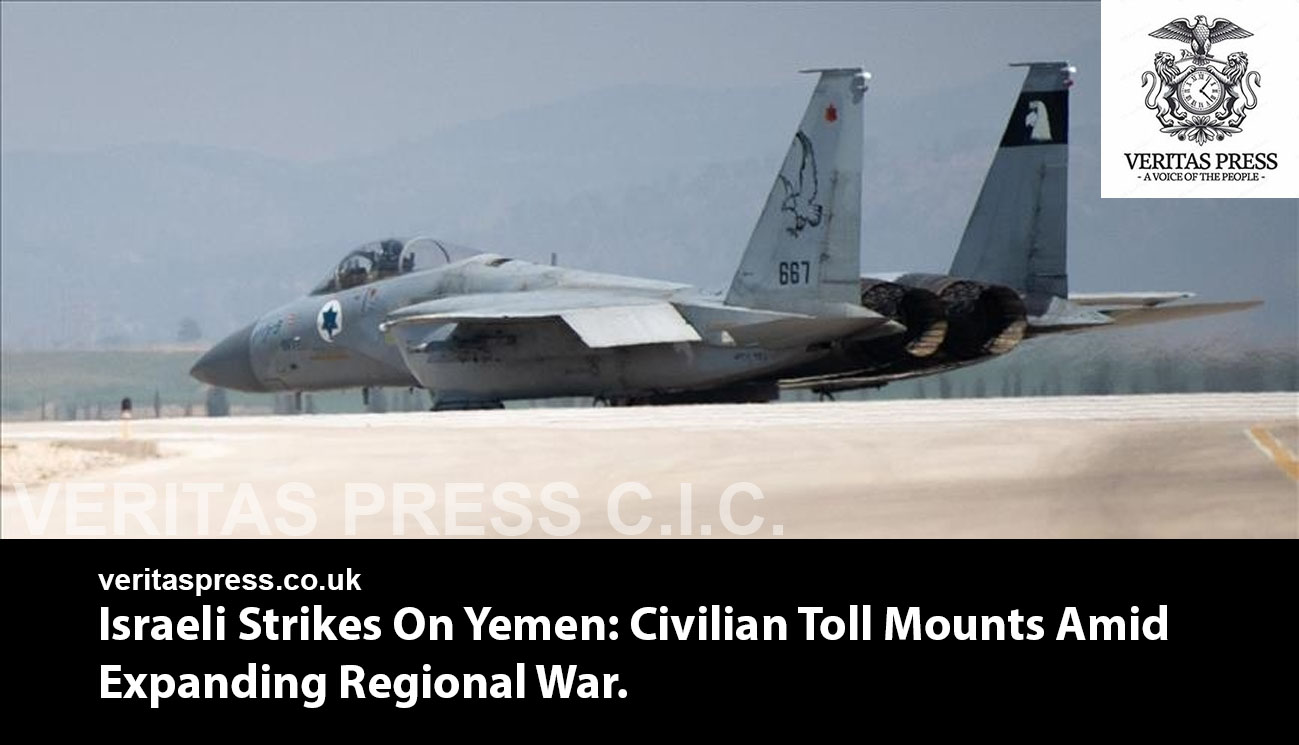
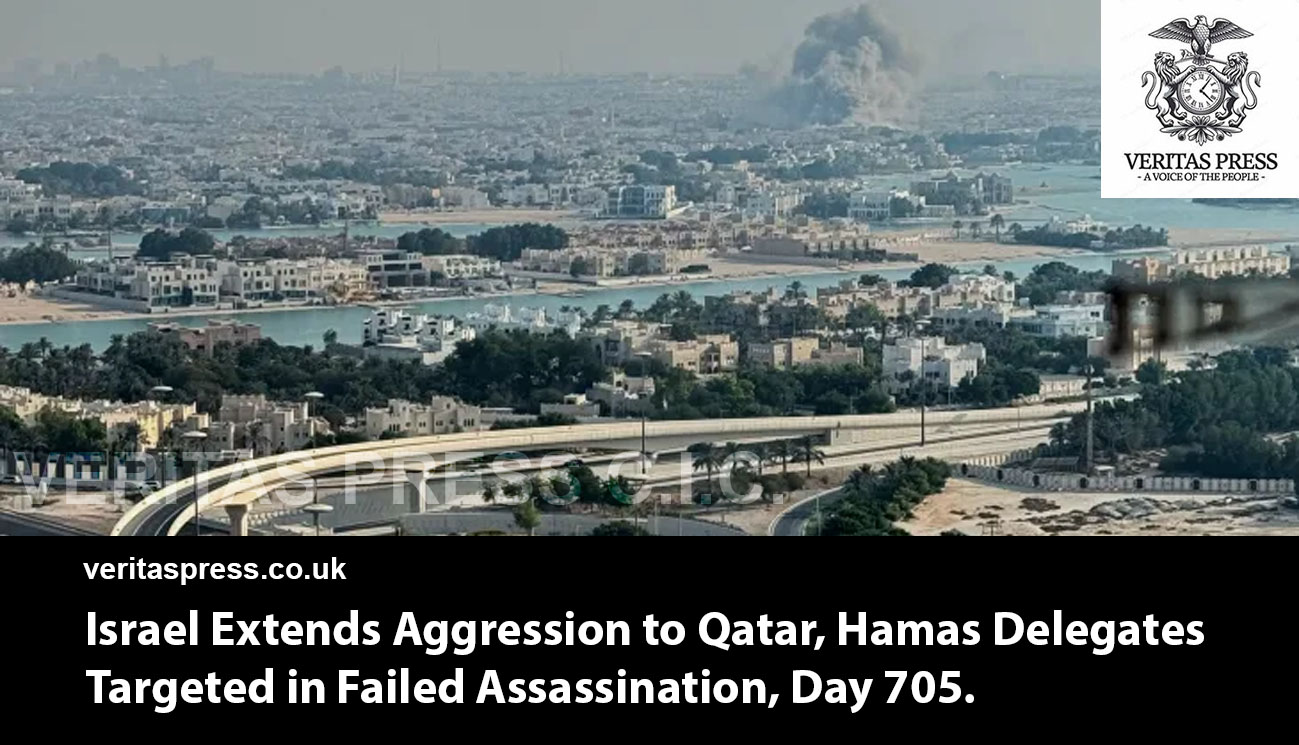
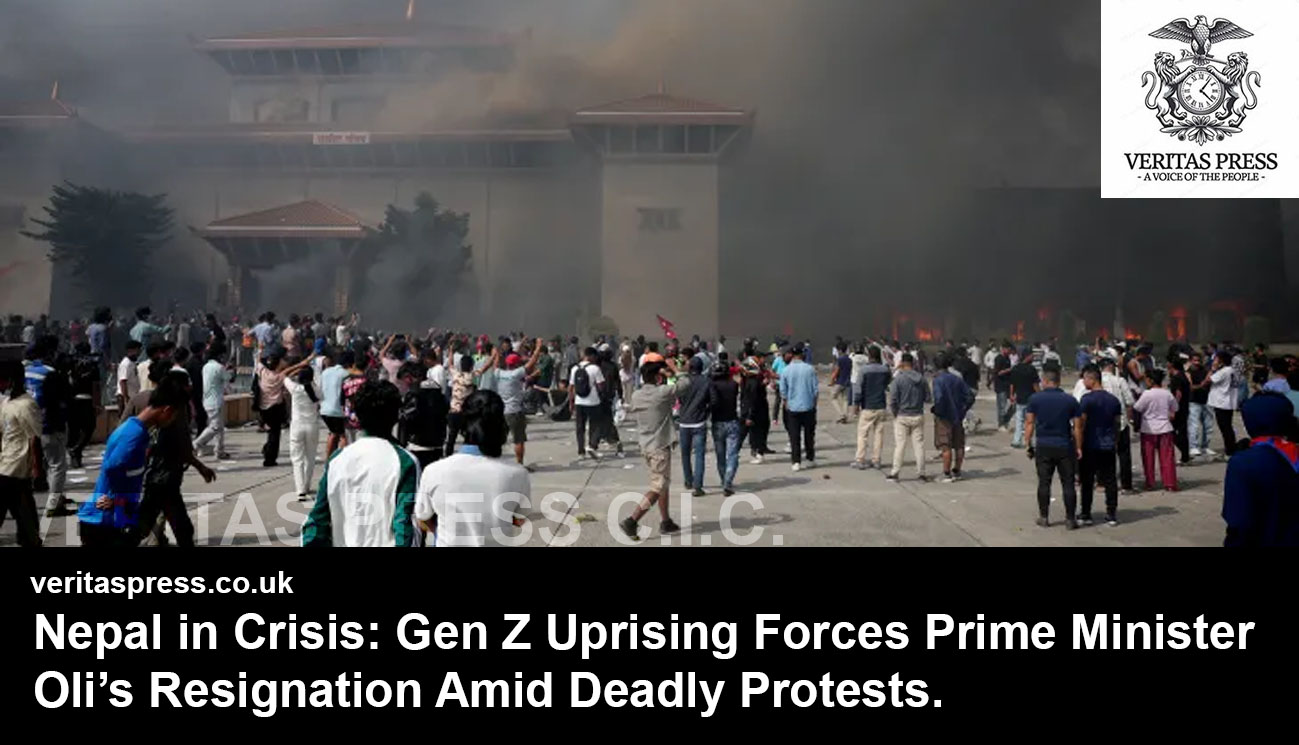
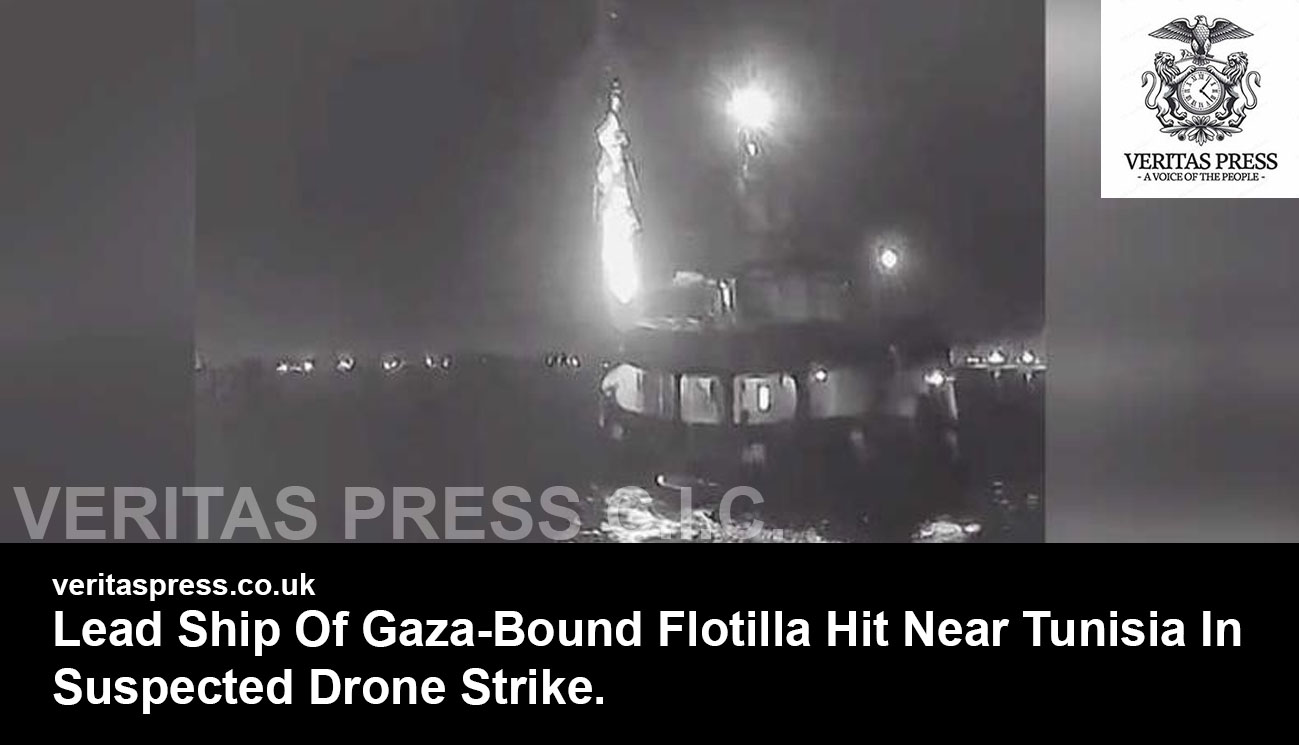



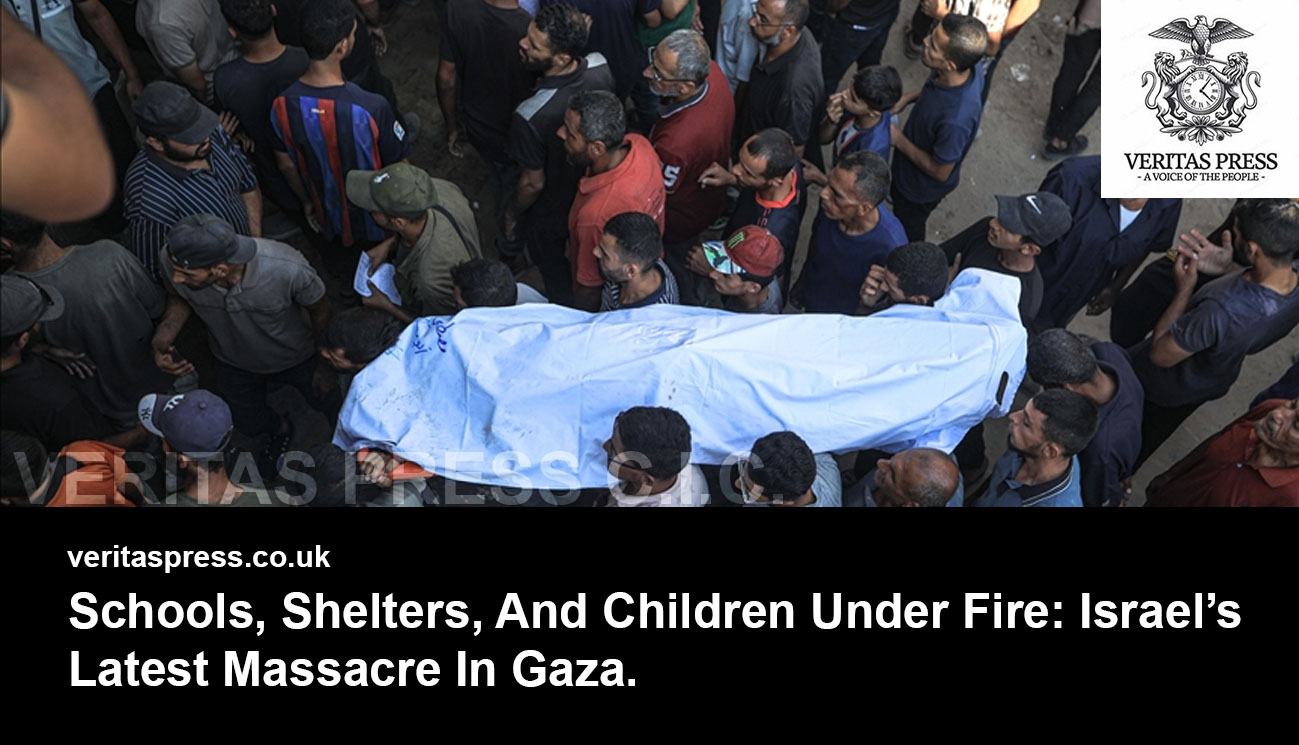
Leave a Reply